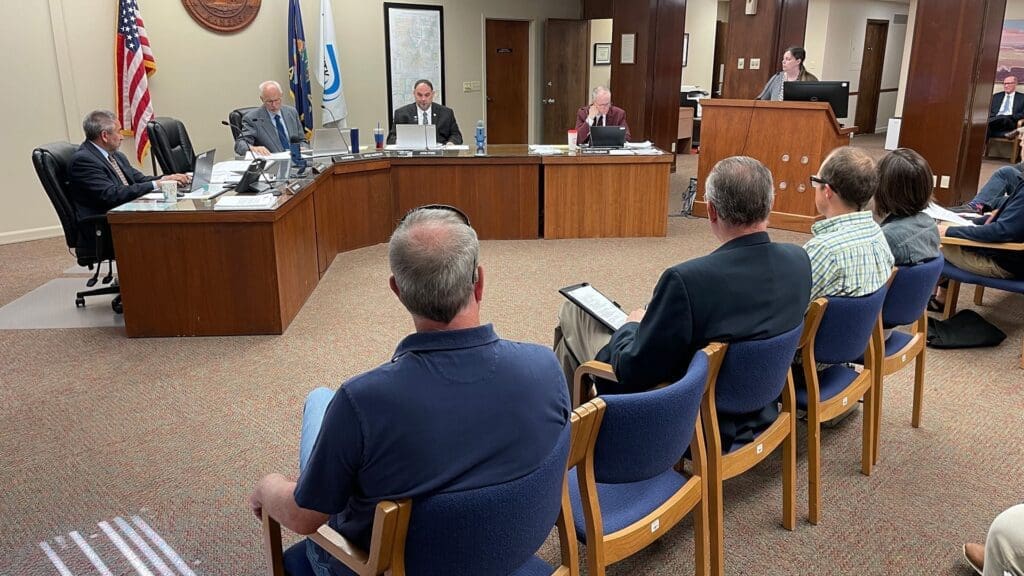Riley County
Riley County Commissioners will review and consider adopting a finalized Reinvestment Housing Incentive District (RHID) policy at their upcoming meeting on Thursday, February 20. The policy establishes the county’s approach to evaluating RHID applications, ensuring responsible use of the state incentive program to support housing development. If approved, it will provide a clear framework for evaluating future RHID applications and ensuring developments align with the county’s housing and economic goals.
Because RHID financing reallocates property tax revenue that would otherwise be distributed among Riley County, the City of Manhattan, and the local school districts, any proposed RHID must receive approval from all applicable taxing entities. The county’s draft policy sets clear criteria for assessing potential adverse effects, including whether a project would create financial strain on county services, reduce tax revenue without clear benefits, or place an undue burden on public resources.
“The RHID program can be an effective tool for housing development, but we want to ensure that projects are carefully evaluated and truly serve the needs of our community,” said Commission Chair Greg McKinley. “By setting clear guidelines, we are making sure that tax dollars are used responsibly and that new developments contribute in a positive way.”
The City of Manhattan’s policy focuses primarily on urban infill and requires RHID developments to add at least two new housing units while utilizing existing infrastructure.
In contrast, Riley County’s proposed policy takes a broader approach, favoring infill and affordability while also evaluating each RHID proposal individually for economic viability and fiscal impact. The county’s draft policy places strong emphasis on limiting the duration of RHID financing and ensuring private investment is maximized relative to public incentives. Additionally, the county would request detailed financial analyses to confirm whether public funding is truly necessary and ensure the public’s taxes are not being used to subsidize projects that could be completed without public assistance. Additionally, the county’s draft policy explicitly considers housing affordability as a key factor, using HUD definitions to assess whether projects will provide housing for low- and moderate-income residents.
Community members and stakeholders are encouraged to review the policy and provide input. For more information, see the meeting packet for February 20 (pages 76-84) or contact the Riley County Clerk’s Office at 785-565-6200 option 3. Contact information for each Riley County Commissioner is available at https://www.rileycountyks.gov/67/Meet-the-Commissioners.













